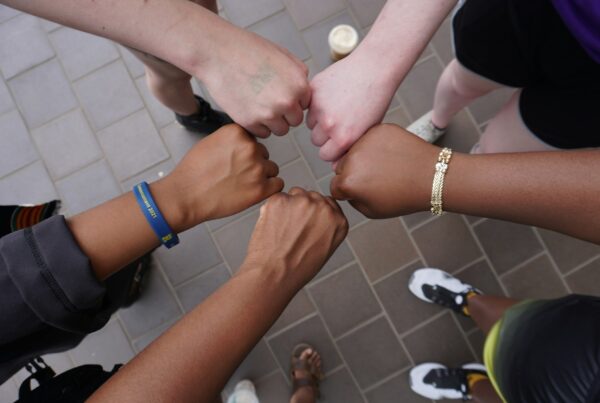We have all heard the phrase, “College will be the best four years of your life.
College students are taught that the next four years are the ones to look forward to and will someday be the ones they wish to return to. However, by encouraging students to view the college experience with rose-colored glasses, we are setting them up for failure. As your student transitions to college, prepare them for the struggles as much as for the joys of college.
As your child navigates the college experience they will need your support and encouragement to learn and grow, even in the painful times. Before, helping them manage the ups and downs of their college experience, do some of your own self-care with a time of reflection. Ask yourself, what are your thoughts about your child’s shift to college, and what are your expectations of that process. Then together discuss:
- What excites you and your child the most about their transition to college?
- What are some fears about the transition to college?
This is not only a time of transition for your child but for you as their parent. Reflecting on and engaging in conversations around well-being are vital to your child knowing how to care for themselves through college and into the future.
Developing a self-care plan with your child will aid them in navigating the lows and highs of their college experience. Creating a self-care plan for the next four years of college can be a daunting task for your child. Depending on how your student describes their excitement and fears for college, look at self-care in smaller chunks by asking, how are you going to care for yourself this week, semester, or year?
Here are some important elements to consider in a self-care plan:
Body Self Care: These are things we do to take care of our body in healthy ways. Your child can do some key activities to manage their physical well-being. They need to develop a regular sleep routine. They should aim for a healthy diet, limiting the number of In & Out late-night runs. Schedule regular breaks and exercise as a part of their weekly routine.
Mind Self Care: Emotional care is how we care for our feelings in healthy ways. Some ways your child can manage their feelings include: maintaining support systems; receiving counseling and/or therapy as needed; journaling; engaging in activities they enjoy and talking about their feelings in healthy ways. It is good for your child to begin thinking through how they are going to take care of themselves emotionally. This is one area of life that many college students forget to nurture when stressed, overwhelmed, or faced with a difficult situation.
Cognitive self-care are the things we do to take care of our minds and understand ourselves better. Your child needs to engage in activities that will help them feel clear-headed and be able to intellectually participate in academic challenges. Some examples of cognitive care activities your child can partake in include: reading for pleasure, keeping a reflective journal, engaging in non-academic activities, making time for relaxation, and connecting with friends and family.
Spiritual Self-Care: These are the things we do to gain perspective beyond the day-to-day of life. Some spiritual self-care practices include prayer; engaging in reflective practices like meditation; getting out in nature; going to church/mosque/temple, and reflecting with a close friend, mentor, or family member for support.
As they begin thinking through self-care, have them determine what works for themselves. Have them identify activities they currently do or could do to care for their body, mind, and spirit from this point forward.
Support System: These are the family, friends, mentors, coaches, counselors, etc. that will come alongside and support your child on their journey through college. They need to have a strong support system to turn to when they are struggling. Have them identify who will support them in this journey. Also, encourage them to utilize the support services offered on campus.
Goals: Setting goals will help your child define priorities and provide motivation in caring for their well-being. Encourage them to think about what they want to accomplish today, tomorrow, the next week, in the semester, for the year. Remember, it is not only important for them to make manageable goals but also to celebrate their accomplishments.
Self-care will be critical to ensuring your child takes time to focus on their needs. Encourage them to make this a priority by scheduling regular self-care activities. Finally, remember college is full of transition, adjustment, and growth, so be patient with your child and help them seek ways to make their needs a priority.
F-2645849P-Y1222W










